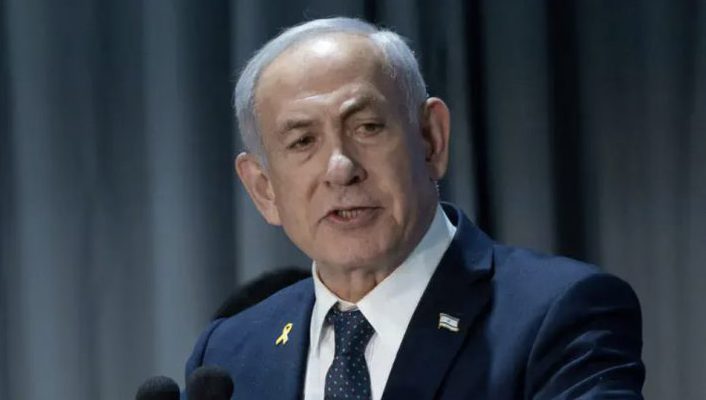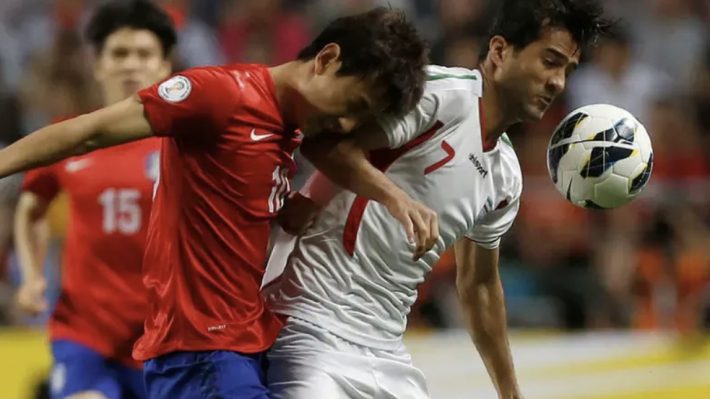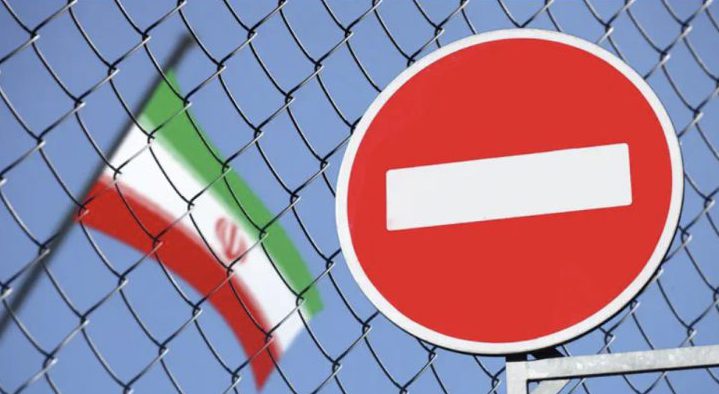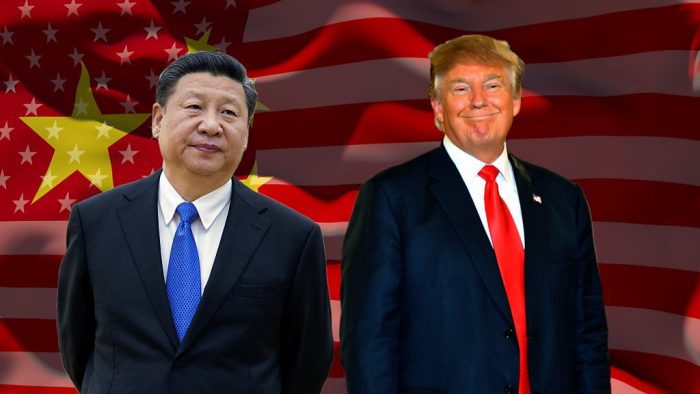In fiery interview, Netanyahu dismisses New York mayor’s arrest threats, denounces rising antisemitism, and vows to keep leading Israel with resolve.
In a defiant and wide-ranging interview with Australian journalist Erin Molan, Israeli Prime Minister Benjamin Netanyahu hit back at Zohran Mamdani, New York City’s newly elected anti-Israel mayor, who recently vowed to seek Netanyahu’s arrest if he visited the city.
“No. I’m not afraid. What do you want me to say about Mamdani? What about him?” Netanyahu shot back, his tone measured but unyielding.
The Prime Minister went on to contrast Mamdani’s radical ideology with Israel’s transformation from a semi-socialist economy into a global free-market powerhouse, attributing the nation’s success to innovation, hard work, and economic freedom.
“When I became Prime Minister, I led Israel out of semi-socialism. We built a free-market miracle — a high-tech powerhouse,” he said.
Turning to Mamdani’s record of anti-Israel rhetoric, Netanyahu warned that such ideologies often metastasize into antisemitism, which historically destroys the societies that harbor it.
“Antisemitism usually collapses societies,” Netanyahu cautioned. “It starts with the Jews, then the blacks, the gays, the Hispanics… and it just collapses societies. If New York goes down that path, it will have a very dim future.”
When asked whether he would consider a dialogue with Mamdani, Netanyahu was blunt:
“I have many dialogues going on right now — this one isn’t high on the list. He should get his act together before making such statements.”
Netanyahu added a subtle but pointed critique:
“It’s good to be a young leader. It’s not good to be a young, uneducated leader. He should brush up on economics and antisemitism before we can have a meaningful discussion.”
Despite his sharp rebuke, Netanyahu made clear that he remains open to engagement if Mamdani abandons demagoguery for substance — a message reflecting his longstanding belief in strength through principle, not appeasement.
On Trump’s Call for a Presidential Pardon
In the same interview, Netanyahu addressed U.S. President Donald Trump’s recent letter urging Israeli President Isaac Herzog to grant him a pardon, calling the ongoing trial a “political witch hunt.”
“Regarding the pardon request? I will think about it. I will definitely not admit guilt. I am grateful to President Trump — he speaks the truth. This trial is ridiculous,” Netanyahu said.
He described the proceedings as a drain on national leadership, forcing him to divide his time between war management and court hearings over trivial allegations.
“Imagine — I spend three days a week running wars and peace efforts, and three days in court discussing cigars or a Bugs Bunny doll my son got when he was five,” Netanyahu said. “It’s absurd. The case is falling apart.”
Netanyahu asserted that the prosecution’s case has “become an embarrassment” and that even the media has lost interest.
“President Trump essentially called it what it is — a political witch hunt. It harms both American and Israeli interests. My time should be free to focus on Israel’s future and security.”
Analysis: A Leader Unbowed
Netanyahu’s remarks underscored both his defiance under legal and political fire and his enduring message — that Israel’s destiny will not be dictated by foreign hostility or domestic persecution.
From rebuking antisemitism in Western politics to rejecting judicial overreach at home, Netanyahu framed himself once again as the defender of Jewish sovereignty and moral clarity, unafraid to confront populism abroad or lawfare at home.
“We don’t need to beg for legitimacy,” he implied. “We build it — through strength, freedom, and truth.”





